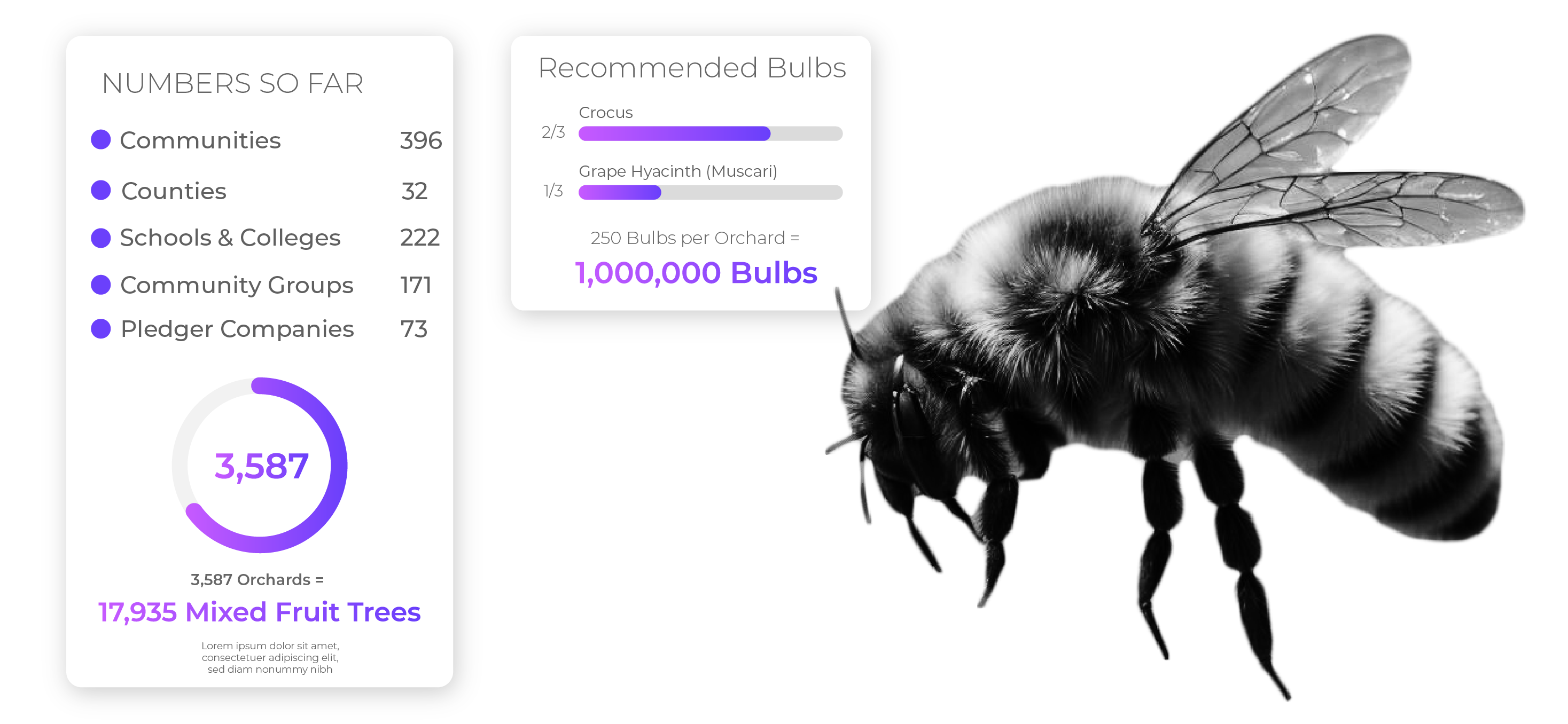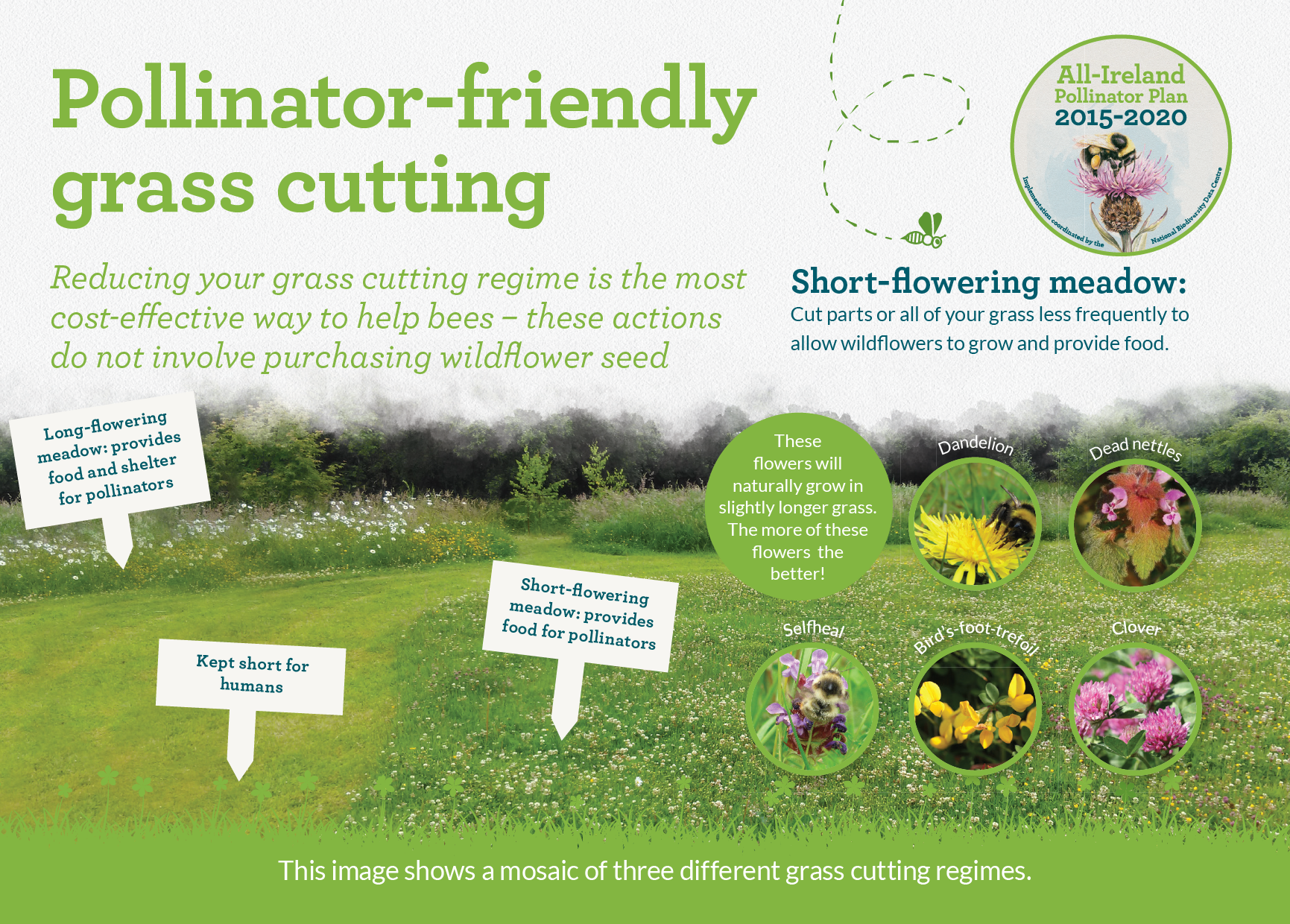As the world becomes increasingly aware of the crucial role bees play in our ecosystem, gardeners are seeking ways to support these
vital pollinators. One simple and effective method is planting bulbs specifically chosen to attract and nourish bees. From vibrant tulips to delicate crocuses, these floral delights not only add beauty to our gardens but also provide essential food sources for bees.
By 2050, we could loose 90% of the bumblebee population in Ireland. In 2019, they were down 24% year on year. 1/3 of our 101 wild bee species are under threat of extinction.
DCs for Bees Purpose
Ardmac are members of the initiative “DCs for Bees” who’s purpose is to halt the decline of bees in Ireland and beyond. This is our 4th year being part of this wonderful initiative building awareness, advocacy and most of all taking action
Pollinator Plan
Introducing a ground-breaking initiative, the first of its kind for the global digital infrastructure industry, this program highlights actionable steps for both individuals and businesses to support pollinator populations. Developed in collaboration with the All-Ireland Pollinator Plan, it offers a comprehensive toolkit comprising 42 pollinator-friendly actions. As partners of Host in Ireland, we will be participating in this vital endeavour, signalling our commitment to environmental steward ship and biodiversity conservation.
Why Bulbs in the Community
This is an extension of the Orchards in the Community project. Bulbs bloom early in the spring, providing an essential source of nectar and pollen for pollinators that emerge from hibernation or overwintering. They are hardy and adaptable, making them suitable for various garden settings, including rock gardens, borders, and meadows.

Spring Tip
Every year, the National Biodiversity Data Centre receives thousands of bee sightings. In 2024, 1,482 bee records were submitted, that included information about what the bee was feeding on. This gives us a clear sense of which flowers they prefer. This year’s data again shows the importance of native plants, and of simple actions like Don’t mow, let it grow! (guideline).




